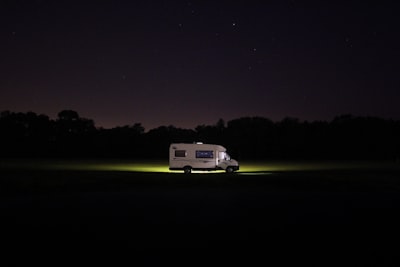As summer comes to an end and the leaves begin to change, various aspects of your life may also need adjusting. While certain types of insurance can be essential throughout the calendar year, some of your coverage needs can change. This is particularly true when considering seasonal activities and properties, such as campers, motorhomes, trailers and other recreational vehicles (RVs). However, adjusting your insurance can be a complicated process, making it necessary to ensure a complete understanding of the matter at hand.
How Does Storing Your RV Change Insurance Needs? 
Although many people may enjoy using their RVs throughout the year, potentially even making it their primary residence, if you are more of a seasonal traveler, your coverage needs should be top of mind. After all, while being underinsured can expose you to significant out-of-pocket expenses should losses exceed your policy limits, being overinsured can also be detrimental, as you might be paying more for coverage than you need to. If you plan to shutter your RV until next spring, savings opportunities may be available.
What Should I Adjust in My RV Coverage?
There may be various opportunities to ensure you’re not overinsured while storing your RV for the offseason. Consider the following possibilities:
- Reconsider full-time RV insurance if you don’t need it, as this is often advisable only for those who live out of their vehicles year-round.
- Consider laid-up or storage coverage, which can help reduce your rates while limiting the incidents for which your vehicle will be covered. For example, your insurance may retain comprehensive coverage for fires, theft and falling objects (e.g., tree limbs).
- Be mindful of your storage arrangements. If you plan to store your RV in a shared garage with others’ vehicles, you may want to retain collision coverage, as someone crashing into your parked RV could flee the scene or fail to take responsibility, leaving you without the means to recoup losses.
- While certain adjustments may help you save on your RV insurance premiums, you should also be mindful of potential consequences. Some insurance carriers may be less likely to offer coverage or deny renewals if you’ve frequently made changes to your insurance in the past.
We’re Here to Help
Contact Arches Insurance in Pleasant Grove, Utah, to learn more about RV coverage or compare tailored quotes.
This blog is intended for informational and educational use only. It is not exhaustive and should not be construed as legal advice. Please contact your insurance professional for further information.